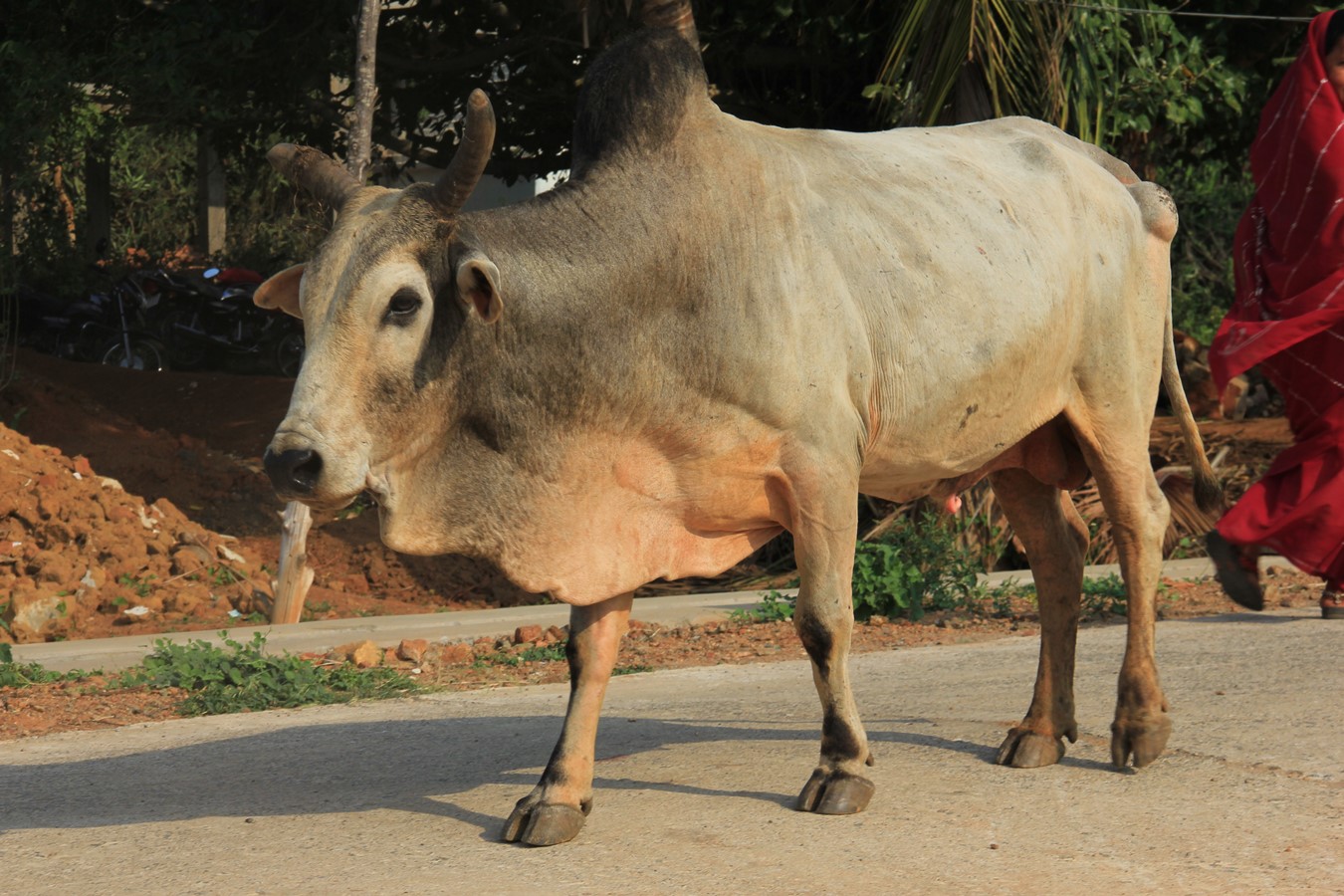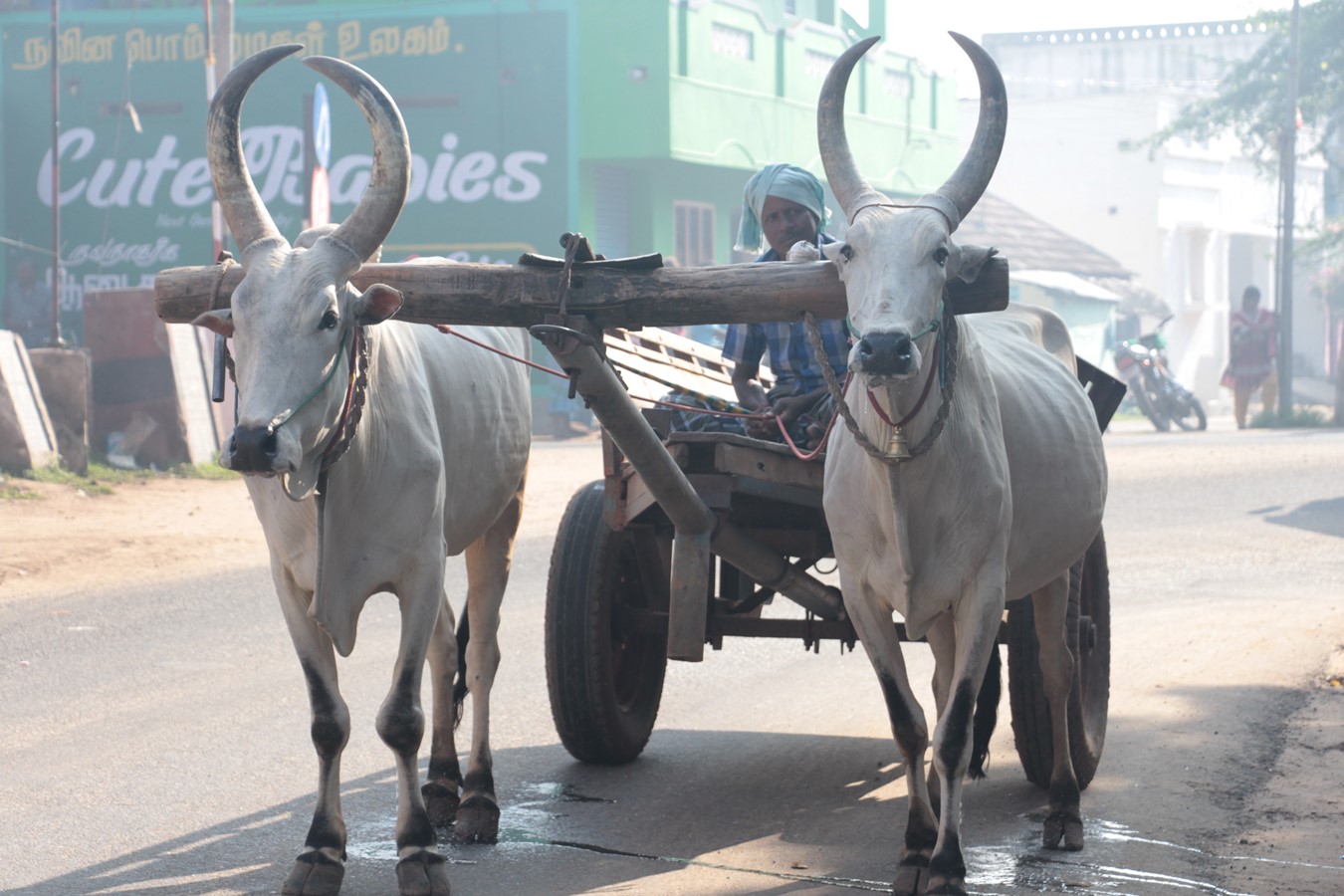Bulls and bull products are in use for medical purpose in many countries across the Indian ocean. Stories about this animal were gathered and written by students. They are all part of a pedagogical project, funded by the National University of Singapore and the Université de Paris. The Bestiary site is a work-in-progress and a participatory educational tool, representing animals whose products or body parts are used to promote health and healing.
Penis Bull Soup
A Story by Megan Chew En-Rui
In Chinese culture, the bull and the ox (a bull that had its testicles removed to make it more docile – also called bullock) are considered the same in general. According to the Chinese calendar, 2021 is the year of the Ox, but in Chinese, it is 牛年, which translates as the year of the cow. The cow can thus refer to bull, ox, water buffalos, or other ox-like entities. The bull in Chinese culture symbolizes perseverance, diligence, and wealth. The bull is known for its honest and hardworking nature. It came second in the zodiac race as it helped carry the rat over, which in turn arrived first. This is seen as the bull being naive and kind-hearted. In Buddhism, the bull symbolizes strength as it is seen as a very strong non-human, which connects it back to the zodiac race and how it carried the rat with ease.
Bulls, cows, and oxen are used on the farm to pull carts and help cultivate agricultural land, and have been a close ally of Chinese farmers. Agriculture being a foundation of Chinese society, the bull/ox is also highly regarded in Chinese art. One of China’s most distinguished paintings is the “Five Oxen” by Han Huang from the Tang Dynasty (618-907). The quintet is represented in varied postures and is given subtle human characteristics. As a treasured farm animal, and as symbols of honesty and endurance, the ox and the bull continue to hold a special place in the hearts of the Chinese.
Bull (Gopalpur, Orissa, India, 2012) © Leo Jalais
Value in Asian Medicine
A bull’s penis is 2 feet long and almost translucent. The cheapest price for it is about 200 CNY (around 40 Singapore dollars). Bull penis soup is used in traditional Chinese medicine. Double Whip King God Soup, uses two kinds of bull penis, hence the name Double Whip. The first kind is a dried penis that has been soaked in traditional Chinese medicines, obtained from a pharmacy. The second is a fresh penis obtained from a butcher. Chinese philosophy emphasizes the yin and the yang—yang being the energetic, masculine counterpart to yin’s nurturing femininity. Yin and yang can also symbolize the good and the bad. Men who face erectile dysfunction are thought to need more yang (masculine energy) which is believed to be available from this soup.
Furthermore, oxen bone is used to restore one’s energy or qi. Boiled as a soup, it can help one become healthy and strong, by strengthening the bones and muscles. Another use of bull/ox in traditional Chinese medicine is oxtail soup, which is known to be good for building blood and nourishing one’s womb. It can also help to promote fertility. The oxtail soup is considered very nourishing even in western medical perspectives as it contains minerals and collagen. The bull/ox, therefore has a strong significance in Chinese culture, both for its cultural symbolism and its importance in traditional Chinese medicine.
Bullocks or oxen (Tamil Nadu, India, 2017) © Leo Jalais




